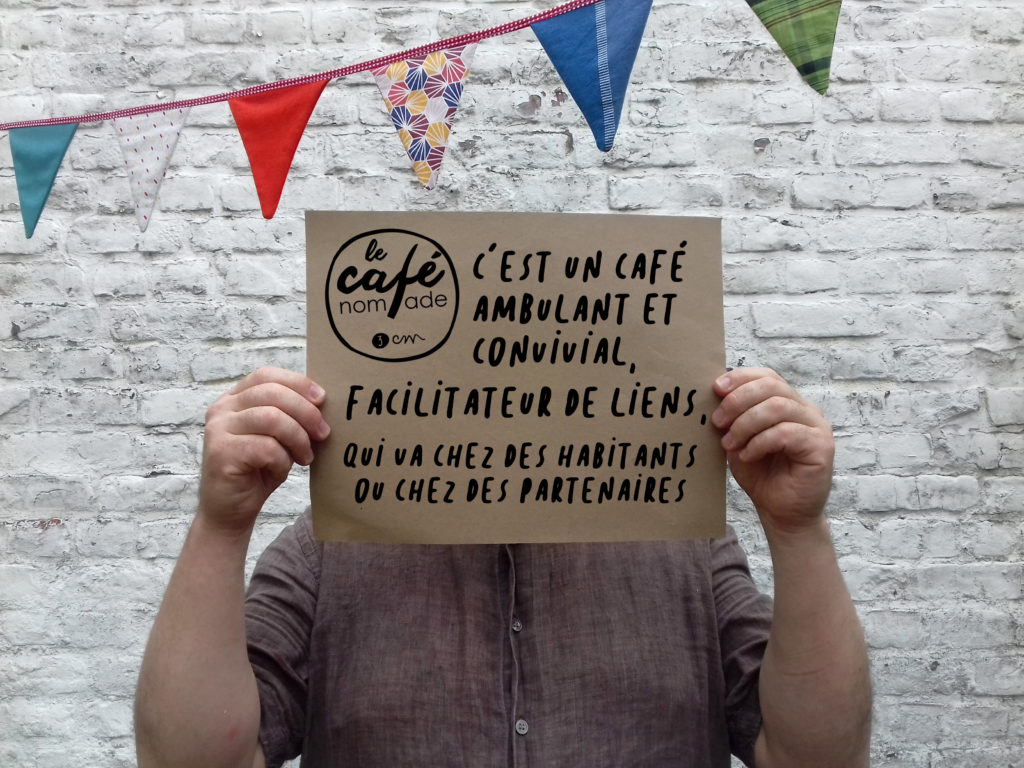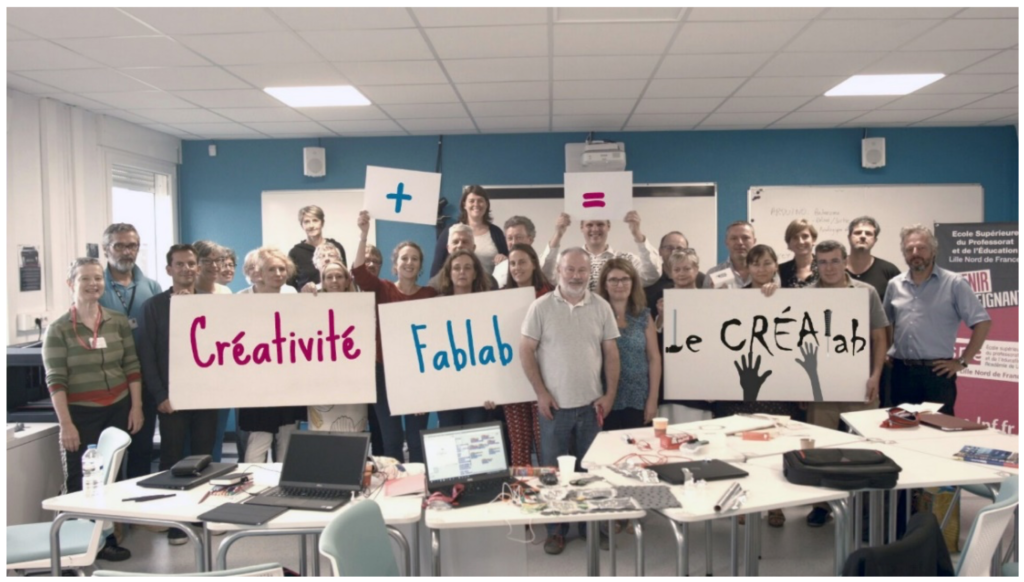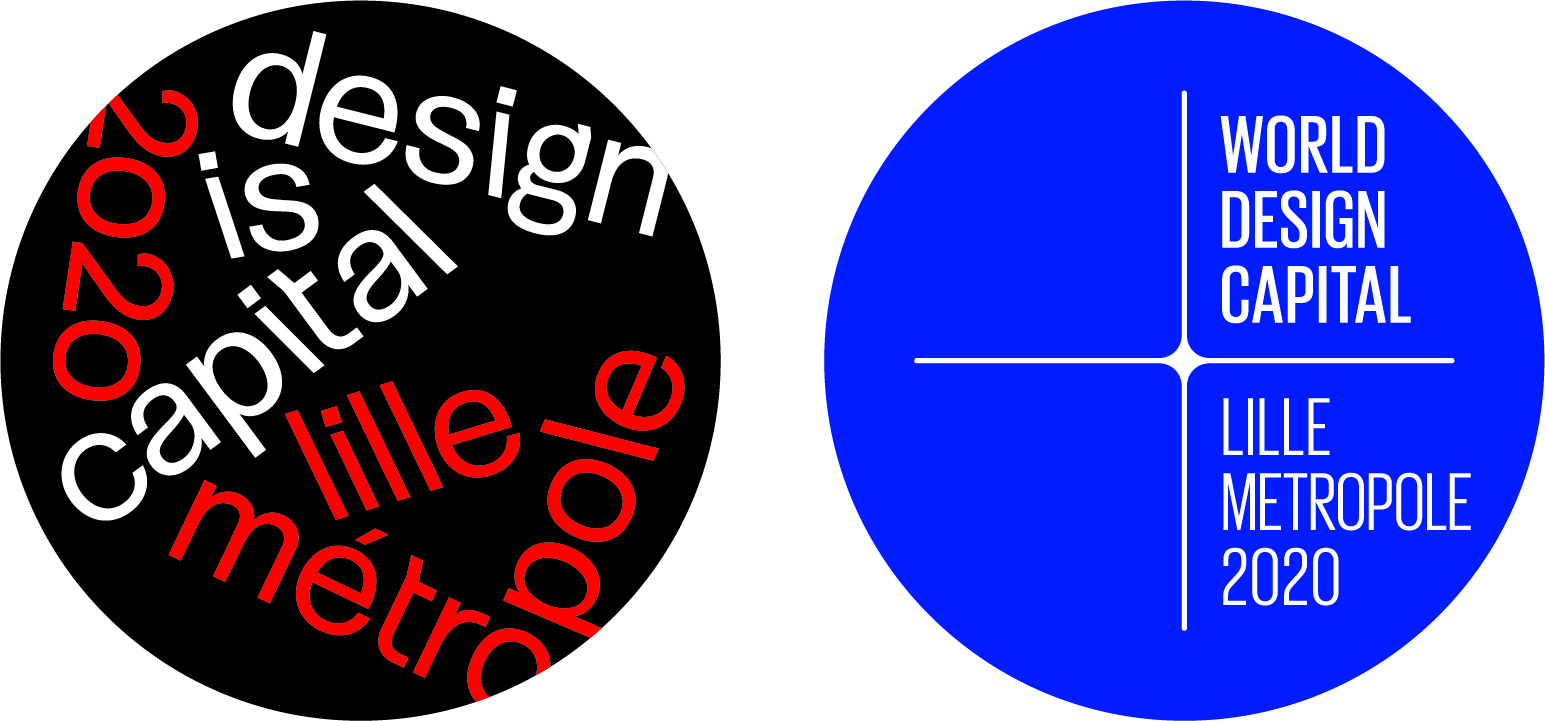Marine Faure and Virgil Mesnier
A shared society, a sharing society: towards greater sharing in our contemporary world?
The issue of sharing seems to become more and more important in our society and in the way we behave. It announces the return to a life based on exchange and a certain sense of community, the return of the social and the sociable. This need of social reconnection and solidarity – in contrast with former models (such as capitalism, individual happiness…) – tends to be even more prominent in cities, thanks to initiatives that aim to recreate social links and reinvigorate neighbourhood life. In other words, a strong sharing city dynamic can now be appreciated, with the purpose of bringing people together while recreating society.
New consumption models, based on sharing, have been emerging over the last decade in France and all over the world: a relevant example is a company like Blablacar. This company represents the paradigm shift we have been witnessing concerning our consumption habits. The car is not the product anymore, but the trip in itself is. The number of miles travelled in a shared car – and therefore the moments shared with strangers – have now a value. The sharing economy refers to this new consumption model that allows to share products between multiple consumers. Even if it seems to be in total contradiction with the characteristics of our individualistic society, this consumption model, taking more and more place in our everyday life, goes hand in hand with its former model. In addition, the sharing economy has an important territorial impact since it brings people together in specific places, which we will try to apprehend with our analysis. Besides, the notion of sharing has to be considered in its social dimension, and thus all these aspects will be considered and analysed.
The aim here is to question this notion of sharing, in order to identify its new shapes along with the places in which it flourishes. To put it another way, what shape does this new model take in terms of logistic and spatiality?
A lack of sharing
What the philosopher Gilles Lopvestsky calls “hypermodern society” is an individualistic society that relies on massive individual consumption. And it sounds a lot like our own society. Occidental civilisations have been privileging individualistic and materialistic models with sometimes – if not most of the time – the nostalgic memory of a distant past, unknown, ideal, wherein communities used to share not only consumption goods but also values and moments of life. Jeremy Rifkin states that “the population, globally, has been deprived of its civic power and destroyed into millions of individual subjects, forced to get away with it on a market controlled by a few hundreds of global companies”. The sociologist Serge Paugan wonders: “is a society made of autonomous individuals still a real society?”. This is the result of a long historical process that constantly puts the individual in a position of superiority against the group. The concepts of collectivity and solidarity, intrinsic to humans, seem to have been deprived of all their meaning. When you look at the facts, this question makes even more sense: a 2012 investigation, led by the Crédoc (a Research Centre studying and observing life conditions) revealed that 8 out of 10 French people think that the ‘living together’ has drastically weakened in our society. This widespread feeling discloses a social issue in France, a country that proudly still bears ‘fraternity’ as the last word of its national motto.
Can we still be considered a group if we do not share? As already mentioned, over the past few years sharing has resurged, in economic forms amongst others. The aim now is to prove, together with various thinkers, that human beings are social animals before being consumers. It is this homo sociabilis resurgence that must be described.
The contemporary reaction towards the individualistic society
Internet, major tool of the 21stcentury, allows for this resurgence thanks to social media, open-source information, crowdfunding, crowdsourcing… Sharing is now a flashing button at the top right corner of our screens. But beyond our massive numeric consumption, it has also enabled, as said earlier, the emergence of a new type of economy and consumption: the sharing economy, a non-commercial social collaborative innovation.
Mobility has been revolutionised thanks to sharing or access free vehicles, consumption of material goods by group purchases or
exchanges between individuals, and services, as mutualised babysitting.
However, the collaborative economy must be considered separately, as it relies on an economical interest based on other forms of consumption, built on non-commercial exchanges. This distinction is well illustrated when comparing Airbnb with CouchSurfing, two online services that offer accommodation in private houses. In the former case, the consumer pays for a service – an overnight stay – while in the latter the aim is to share with a local a meal from a different culture, a discussion…
Beyond collective consumption, this movement has created the need of ‘do it yourself’, and as Jeremy Rifkin says, it is made possible thanks to the exchange of knowledge but also of materials. The proliferation of Fablabs and the DIY culture is the expression of what Rifkin calls the third industrial revolution: the DIY industry. Indeed, the labs are like numeric workshops in which skills and tools like 3D printers are mutualised in order to create things that answer our needs.DIY can also take shape of exchanges with people that own certain skills, as is the case with accorderiesand Time Banks: a service is exchanged for another service taking the same amount of time.
This non-commercial collaboration is the definition of an exchange of donations that does not have monetary value.
The sharing attitude embodies a direct response to the individualistic society and can be found in new ways of consuming as well as in new places, physical (Fablabs) and virtual (online platforms).
The paradigm shift
Sharing relies on a collaborative principle, which leads us to wonder how the participative processes are really established. Once the theoretical considerations have been taken into account, what happens in reality?
We chose to illustrate this idea with the example of a neighbourhood that has lost its community life and, on the opposite, the teaching sector which has always been a place of sharing even though vertical and codified. How does the paradigm shift discussed earlier appear in these two cases and furthermore, how is it carried out?
“A citizen initiative that triggers new moments and new meeting places within neighbourhoods where social life seemed to have disappeared”
The neighbourhood, smallest scale in terms of governance, is a suitable place for exchange between citizens, neighbours, who often go to the same schools or do the same activities. However, it must be noted that the life inherent to the neighbourhood community has disappeared in many places as the role of these territories changes. As neighbourhoods went from having an active role in terms of working places to becoming only residential, the activity linked to work disappeared and so did the sharing mechanisms associated with it.
Many citizens are trying to bring back neighbourhood life without the help of external public policies. They listen to each other, investigate and design together the services they need in a co-conception process. Through this bottom-up approach, a new sharing attitude has arisen, one of exchange constantly being reshaped in order to satisfy everybody, in a renewed spatiality. That is how, on a small territorial scale, a new type of shared spaces have appeared, in the shape of third places open to all citizens.

Café Nomade: when coffee comes to your home
Café Nomade has emerged in Fives, a neighbourhood of Lille that has been long deprived of terraces. The nomadic coffee shop invites people to go to their neighbours (close by or further away) to invite them for a coffee or a beer in order to meet new people within their neighbourhood.

CREAlab, a place to share knowledge
CREAlab is a fablab located in an abandoned part of the INSPE training centre. It offers to all access to available machines and tools. Being a place of sharing knowledge, CREAlab makes it possible to decompartmentalize hierarchy present in the institute, so that anyone can share their knowledge and skills relating the use of the machines.
Café Nomade shows us how a citizen initiative can be the origin of new moments and new places within a neighbourhood in which community life had disappeared. This co-development between an association that knows well the area and the inhabitants – who give feedback in order to improve the project – is an example of sharing done through citizen collectives.
The French education system, which could be defined as an institution made to share knowledge, appears to be nevertheless rigid and with a vertical approach. Transversality and collective participation do not seem to be the priority. CREALab breaks with this, giving more importance to transversality and exchange, over hierarchy. Within INSPE, the fablab offers a very different approach and focuses on the development and knowledge shared by all, both within the institution and the neighbourhood itself.
These examples, both happening within the city of Lille, are part of the ‘Lille World Design Capital 2020’ and represent the ‘collaborative city’, part of the event. They are new forms of what we called earlier the collaborative and sharing economy, being on the reduced scale of a town or neighbourhood. They also have the particularity of being in co-elaboration between founders and users. Developed through a ‘trial and error’ approach, the users’ feedback is as important as the first impulse to develop the original idea. Co-experiencing is trying together in order to live together.
Limits of sharing models and conclusion
Soon-to-be-sharing societies still have a lot of limits: citizen initiatives are still few and isolated, it’s a difficult concept to establish in the structures of the education system… one can only congratulate the strong will to return to living together. However, even in the economic sharing modes we have mentioned, the concept of living together is still tricky. Some would say the sharing economy is still a way to make profits. Doesn’t collaborative consumption ultimately push us to consume more since it is considered ethically more viable?
The rise of the sharing economy, of collaborative consumption and non-commercial service exchange is the result of a paradigm shift, motivated by a strong desire to recreate a link between people, but might also be explained by a desire to consume more responsibly by subscribing to a form of circular economy. Eventually, isn’t the city the most suitable scale to consider? Qualifying the city as “collaborative” finally makes sense when we talk about sharing, since what we share is the city.
“The fablab offers a new approach and focuses on development and knowledge shared by all, both within the institution and the neighbourhood itself”
